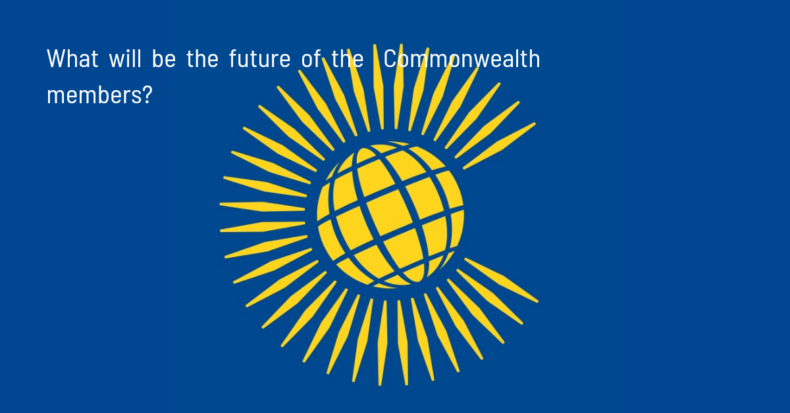As the Queen’s demise is grieved about the world, what will be the future of the 56 members of the Commonwealth as the colonial legacy persists?
As the Commonwealth marks 70 years, what is the future of 52 of the Commonwealth members who share a colonial past entrenched in the imperial and colonial undertakings that the British Empire perpetrated?
On April 21, 1947, the Queen’s 21st birthday, she broadcasted South Africa to “the youth of the British family of nations” in which she vowed to dedicate the rest of her life to the service of the Commonwealth. This act solidified her commitment to the organization.
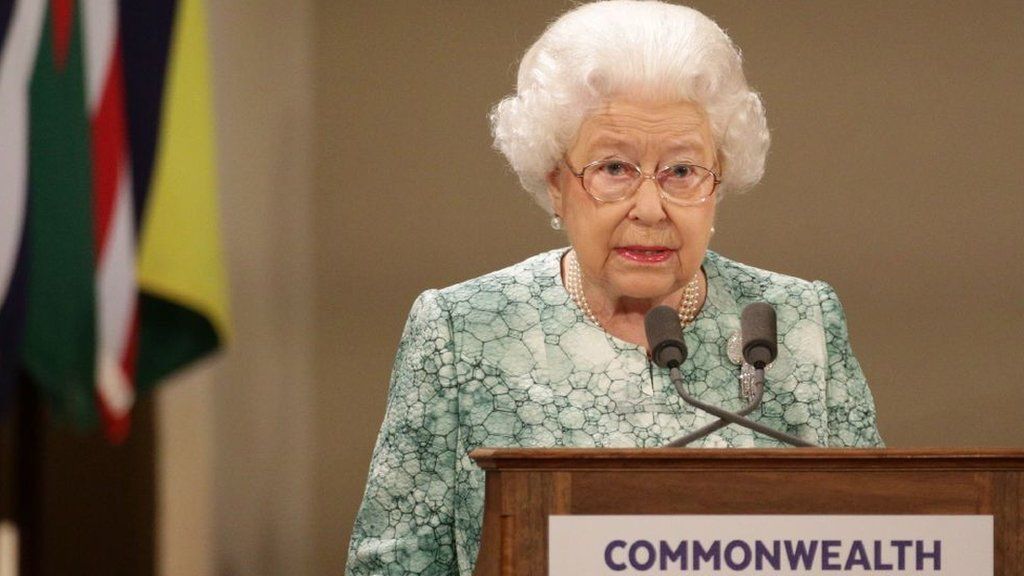
A look at the history of the Commonwealth- tracing the colonial progeny of the declining empire
56 nations make up the Commonwealth of Nations, usually generally the Commonwealth, the vast majority of which were formerly British colonies. They are usually found in the Pacific, the Americas, Asia, and Africa. The Commonwealth is made up of three European countries: Malta, Cyprus, and the United Kingdom.
Fourteen of these 56 countries — along with the UK — constitute the “Commonwealth realms” and have the Queen as the Monarch. They are Antigua and Barbuda, Australia, The Bahamas, St. Lucia Canada, Grenadines, Grenada, Jamaica, New Zealand, Papua New Guinea, St.Kitts and Nevis, Belize, Tuvalu, St. Vincent, and the Solomon Islands.
King Charles III, the newly succeeded British monarch, is the head of state of these nations after the demise of Queen Elizabeth II.
36 of the Commonwealth’s remaining 41 members are republics, including India, Bangladesh, Sri Lanka, and Pakistan.
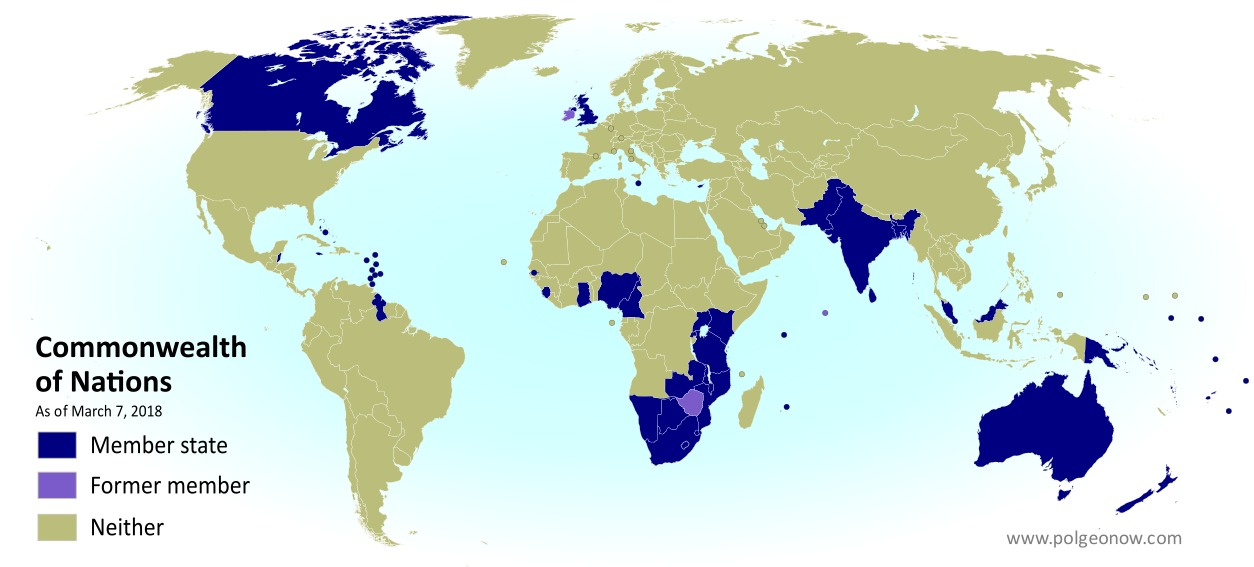
The remaining five nations retain their provincial monarch: Malaysia, Brunei Darussalam, Lesotho, Eswatini (previously Swaziland), and Tonga.
A third of the world’s population, or 2.5 billion people, reside in the Commonwealth, the majority of them in the Indian subcontinent. The small Commonwealth realms are the residual legacies of Britain’s colonial empire, and they act as a link between the British monarch with 150 million people living outside of the UK. The majority of people still living in Commonwealth nations have never been in any kind of immediate communication with the United Kingdom.
The ambition for control and the origin of the Commonwealth
To preserve control over the colonies as freedom movements grew more fervent, Queen Victoria established the Commonwealth. After Canada’s protests over imperial control in 1867, the Queen decided to allot the territory dominion status, which implied that it would entail its administration but that Britain could nullify any decisions at the monarch’s intention.
https://www.bbc.com/news/uk-england-62906194
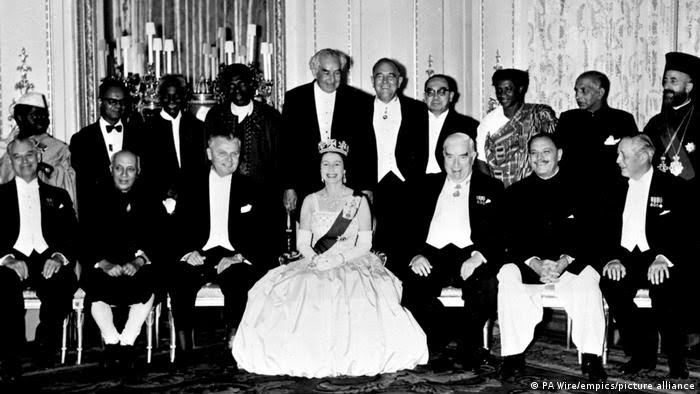
As the empire neared its decline, Commonwealth was endorsed as a crucial element of the Queen’s civil obligation and a way to reinforce Britain’s transnational position. It misconstrued the narrative of a collective colonial past of the 52 members of the Commonwealth, concealing the atrocious actions perpetrated by the British Empire.
The Balfour Declaration, which was adopted at the Imperial Conference in 1926, established the British Commonwealth of Nations, and the United Kingdom formally recognized it in 1931 with the passage of the Statute of Westminster. With the London Declaration, which modernized the organization and declared the member states to be “free and equal,” the existing Commonwealth of Nations was formally founded in 1949.
She was crowned queen in 1953, and she spent the first several decades of her rule seeing the swift decline of that “imperial family.” Ghana was the first colony to seek independence after her accession was followed by Malaysia in 1957; Hong Kong, Britain’s final colony, was handed up to China in 1997. Only recollections of the period when Britannia ruled the waters remain after the Empire collapsed during the subsequent forty years.
Numerous nations, including Guyana. Dominica, and Trinidad and Tobago, decided to quit the Commonwealth in the 1970s, thereby deposing the Queen as their head of state.
https://www.bbc.com/news/world-africa-62892735
The Governor General of Barbados stated that “the time has come fully to leave our colonial past behind” as the island nation exited the realm in 2021. The departure coincided with Barbados’ 55th anniversary of being independent of the UK. Within the following three years, Antigua and Barbuda intends to conduct a referendum on becoming a republic.
Under the unquestionable and determined endeavors of Elizabeth II to attend to the empire, the larger question of the colonial legacy that was until now unruffled has started to cause a ripple.
The Commonwealth’s origin in Britain’s colonial past has further raised the issue of appropriating the colonized nation’s history to conform to the larger meta-narrative of the Empire’s glorious past. The issues of reparations for the damages elicited and the widespread endorsement of slavery along with the appropriation of wealth from the nations are questions that have begun to surface.
https://m.thewire.in/article/government/india-mourn-queen-elizabeth-death-question?utm=relatednews
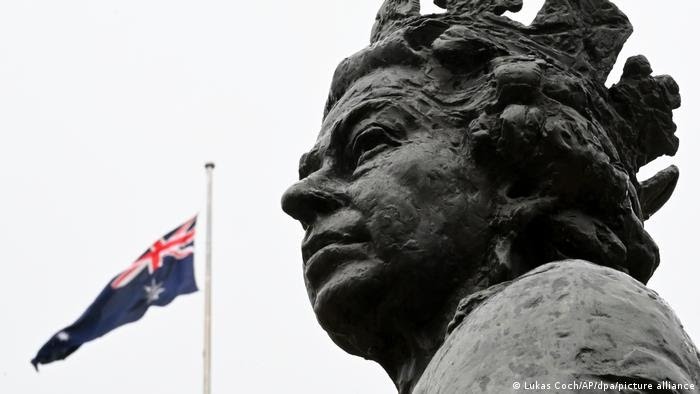
The mistreatment of the colonies and the exploitation of wealth that was amassed to strengthen the British Empire and its colonial legacy have had profound consequences that the former colonies continue to withstand. The question of whether or not to conserve the monarchy and move toward being a republic has been on the rise for the Commonwealth nations.
The Commonwealth’s tough way to future
The ceremonies and circumstances cleverly obscured a harsh colonial past shared by 52 of the 56 present members of the Commonwealth. Tensions may now flare up as a result of the Queen’s passing away.
Charles III will likely spend the following several years witnessing the shrinking down of the Commonwealth Realms, much as Queen Elizabeth II did during the early years of her reign. The decision by Barbados to become a republic in November of last year may have served as a precursor to the exodus. At the time, Prince Charles (as he was known) watched as the island’s 396-year dynastic rule came to an end. Before then, Mauritius 1992 was the most recent nation to do so.
As patriotic sentiments surge and anti-imperial opinions rise, the future of the Commonwealth is conditional on the member nation’s willingness to voluntarily go on with the colonial legacy.







